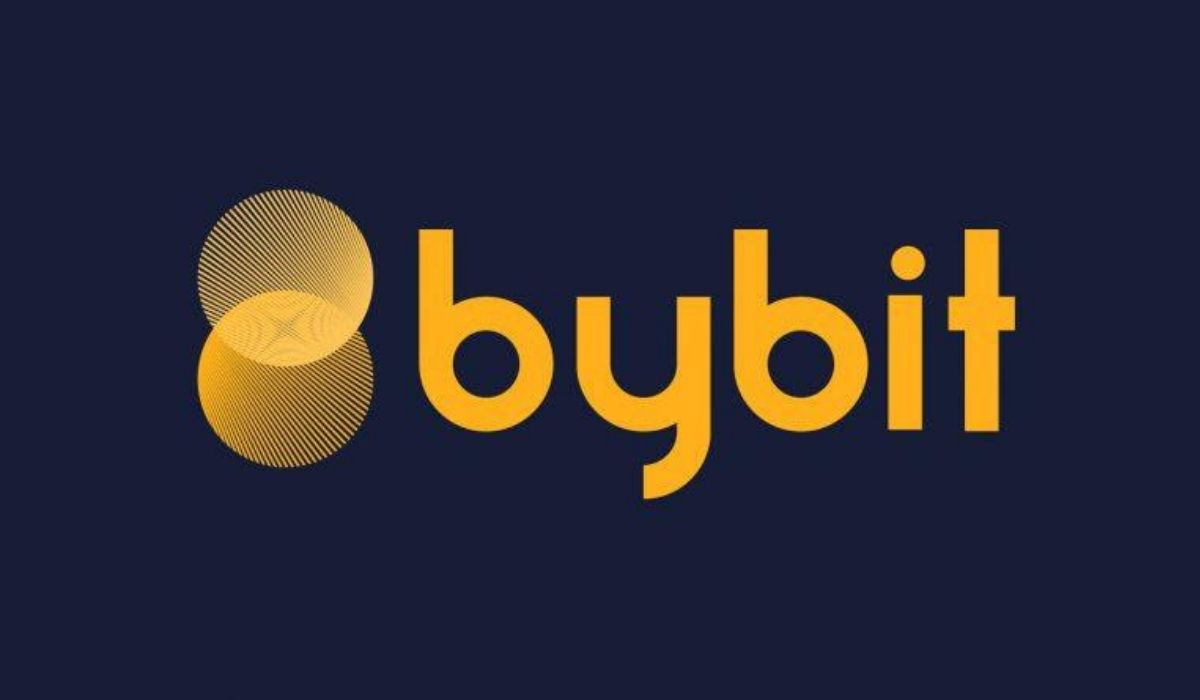Bybit Enhances Its Crypto Debit Card in Europe as Binance Ends Its Own Service

The crypto debit card market in Europe is witnessing a changing of the guard as Binance closes its service and Bybit expands its own. In late October, Binance announced its Visa debit card will be wound up by the end of December. Around the same time, Bybit unveiled a new promotion to entice European citizens to sign up for its Mastercard.
Bybit Unveils Trio of Bonuses for New Users
Bybit only introduced its card in March for European residents, but the debit Mastercard has already proven popular. It’s likely to attract plenty of new customers now that Binance is exiting the region in terms of debit card provision, with the appeal of the Bybit Card bolstered by a trifecta of signup bonuses. There’s a 10EUR bonus for new users who apply for a Bybit Card plus another 5EUR for making the first transaction with the Mastercard. Holders who also make a first deposit to Bybit will be eligible for another 10EUR bonus.
“The Bybit Card represents our commitment to fostering widespread cryptocurrency adoption in the real world,” said Bybit CEO Ben Zhou. “We firmly believe that cryptocurrencies should serve as more than mere digital assets; they should be a convenient and tangible method of payment for individuals in their day-to-day transactions.”
The card allows users to convert cryptos such as BTC, ETH, USDT, USDC and XRP to fiat. Whenever purchases are made using the card, loyalty points are accrued. These can be redeemed for unique offers and exclusive rewards with Bybit partners. The crypto company is expanding its list of partners, increasing the card’s utility in the process.
Crypto Debit Cards in the Digital Age
Today’s millennial and Gen X and Z consumers are digital natives, raised with the internet and accustomed to spreading their wealth across different markets and platforms. This typically includes exposure to stocks and cryptocurrency and use of neo banks that provide access to digital assets as well as providing traditional banking services. These services have been complemented by the emergence of crypto debit cards that allow cryptocurrency to be converted to fiat and spent in store.
Three years ago, Binance introduced its own branded Visa card in Europe and began onboarding customers, many of whom were existing users of its exchange. While those customers can still use Binance for their trading needs, they’ll need to find a new crypto debit card provider. Binance’s decision to shutter its service in the EU comes at a time when tighter legislation is being introduced that will oblige crypto businesses to incur a higher compliance burden to accord with the law.
Although debit cards are often described as making crypto spendable, allowing it to be exchanged for physical goods and services, the crypto is technically converted to fiat first. This means that the merchant takes receipt of fiat currency, saving them from exposure to digital asset volatility. From the customer’s perspective, however, the process is seamless, effectively allowing crypto to be spent like regular money.
A Convenient Way to Cash Out
While many users rely on crypto debit cards as a way to shop and spend digital assets on goods and services, that’s not their only function. They also provide a convenient way to cash out, allowing users to move funds from the cryptosphere back onto fiat rails. Cash can then be withdrawn using an ATM or held in a virtual account before being reinvested in crypto when market conditions are favourable.
Most crypto debit cards carry limits on the amount of cryptocurrency that can be cashed out in this manner. For this reason, high-value withdrawals, generally over $10K, are best made by bank wire. Nevertheless, most crypto traders are investing smaller amounts. For them, crypto debit cards are a useful way of entering and exiting the market while retaining the ability to spend money in the physical world and online without waiting days for funds to clear.